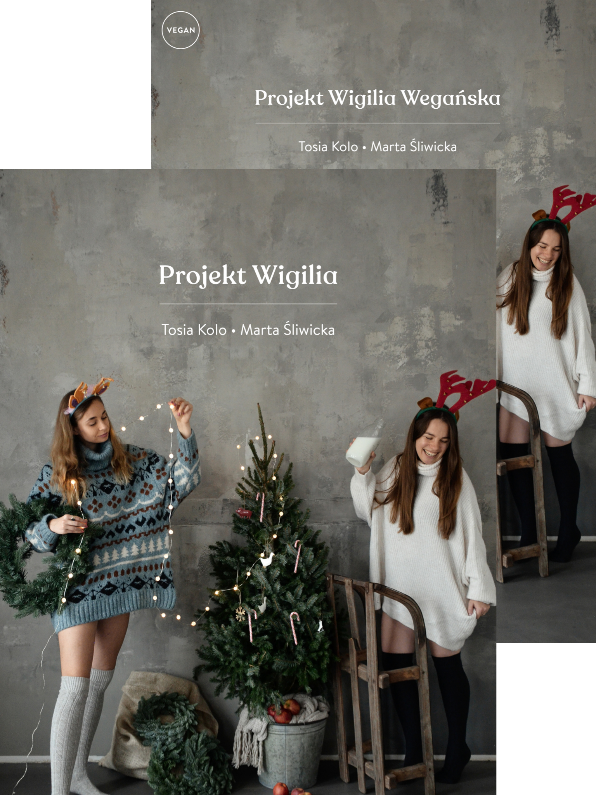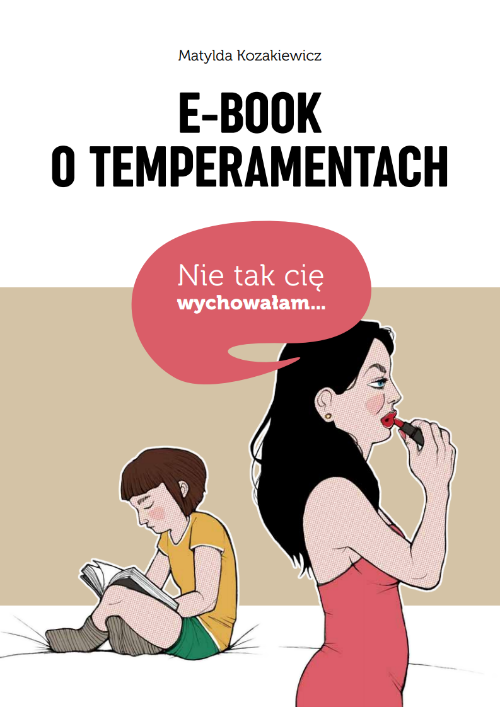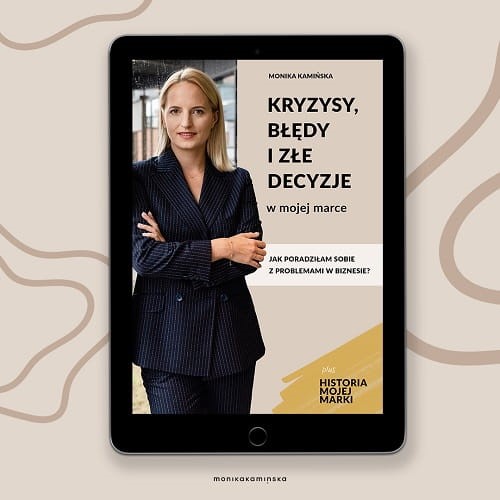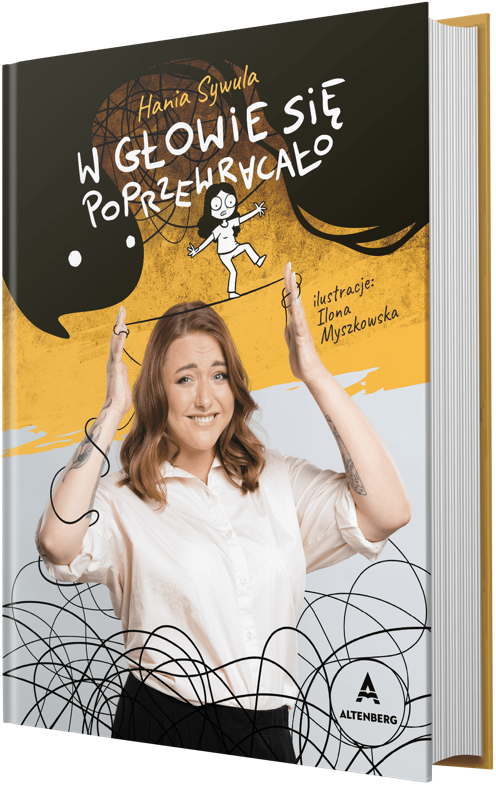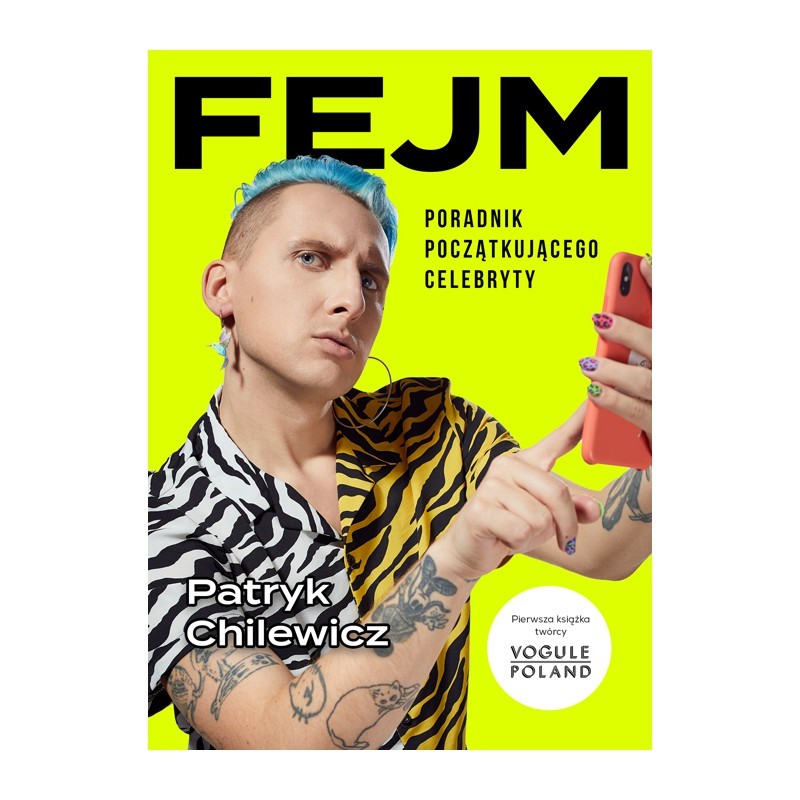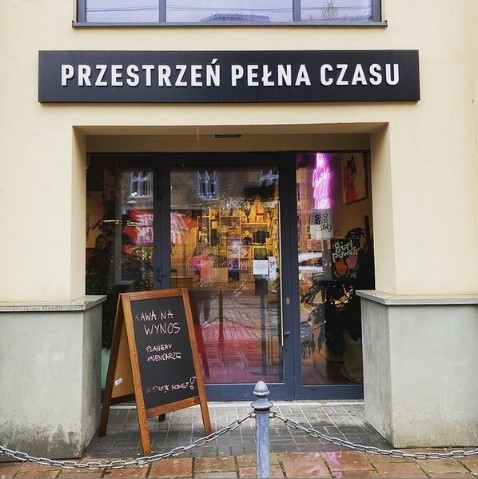Review of initiatives and products created by influencers in 2020
The year 2020 will go down in history as a time in which for the first time in the 21st century the entire world “held its breath”, both individually and globally. In a short period of time we had to adapt to the change in the realities of everyday existence in virtually all its areas – both the “private” ones, related to mental well-being, social behavior or individual financial decisions, as well as those professional ones, focusing on changes in the model of work or increased activities of individuals to maintain or seek the necessary sources of income.
The economic consequences resulting from the outbreak of the coronavirus pandemic did not bypass the change-sensitive world of the media – in the period of 3 quarters of 2020 decreases were noted in both the Polish GDP index (-1.6% year-on-year) and advertising spending in all monitored media channels (-11.7%)[1]. A noticeable decrease in investment (-15.5%) affected TV, the medium with the largest share in the total advertising pie, although it is not as severe as the reduction in cinema advertising spending (-70%) or OOH (-38%)[2]. The new reality (including restrictions related to the epidemiological situation) undoubtedly contributed to the increased importance of the Internet in the everyday life of Poles, which, in turn, translated into the dynamics of spending in this medium – online channels in the first six months of 2020 were the only ones to record a 2.5%[3] increase in the advertising pie compared to the same period in 2019.
In light of the above data, it is worth noting that this does not include information about investments in non-monitored activities, i.e. efficiency campaigns or paid promotions in social media (including cooperation with influencers) – evaluation of the dynamics of Polish investments in influencer cooperation is therefore significantly more difficult. Although the increase in popularity during the pandemic of global communication platforms such as Google, Facebook, YouTube, Instagram or Twitter[4] is not a surprise, the situation on the Influencer market has been quite unsettled.
According to the results of the survey of the ReachaBlogger[5]platform, during the first wave of the coronavirus epidemic in Poland, more than 30% of advertisers indicated that due to the then epidemiological situation they stopped or are about to stop advertising activities related to influencers.
The authors of the content themselves also informed about cancellations planned in advance, who due to the pandemic madness were often deprived of the possibility to carry out a campaign with specific assumptions or this possibility was strongly limited.
On the other hand – referring to the data presented in the above report – almost 40% of the surveyed advertisers stated that the epidemic does not significantly affect their plans in the context of activity with influencers, and more than 7% decided to extend the scope of cooperation with Internet content creators[6].
This dualistic approach to cutting media budgets in the face of crises has been a common and noticeable phenomenon in the industry for years, but for the first time it affected a fresh, dynamically developing branch of Internet marketing – cooperation with influencers. Thus, the creators of Internet content in the face of uncertain sources of income and an unknown end date of a difficult epidemiological situation, in many cases faced the question of how to function in the sphere of infuencer marketing.
Another situation that is different from the uncertain financial one is also the need for the reliability of the information provided by the infuencer, which in the time of this year’s crisis (and the next wave of fake news) only became more and more important. The basic resource – necessary to create a proven, reliable and comprehensive content is time – a currency, which was not lacking during the time of the first lockdown, but which without a certain long-term direction or idea remains a currency only in the mind of the author.
Therefore,the measures adopted by the individual Influencers, the more or less direct effect of which will be the monetization of the content transmitted to the Internet users, ensuring at the same time financial revenues independent of the economic situation and advertising contracts and responding to the growing need in society to consume high-quality materials seem to be particularly interesting in the context of the above considerations.
The first, probably the least risky form of transmission of paid content on a specific subject became ebooks, or “book publications, recorded in electronic form[7]“. This way of sharing information was present both in the creators, who already had a record of creating such an electronic product (e.g. Anna Sudoł and her ebook “Moje najlepsze wegańskie przepisy” [My Best Vegan Recipes][8], “Projekt Wigilia” [Christmas Eve Project] by Tosia Kolo and Marta Śliwicka[9] or “E-book o temperamentach” [E-book about Temperaments] by Matylda Kozakiewicz “Segritta”[10]), as well as among the influencers who created this kind of elaboration for the first time (“Roślinne menu na start – przepisownik” [Vegetable menu to start – recipe #1] by the Roslinna Baza collective, whose ranks are fed by Paulina Lis[11], “Lisie Piekło”).
The subject matter of ebooks written by influencers is often related to the nature of the creator’s activity on the Internet – this was the case with Monika Kamińska’s study, who admitted that during the pandemic she felt motivated to describe the wrong business decisions she made when introducing a fashion brand based on natural fabrics (“e-book:Kryzysy, błędy i złe decyzje w mojej marce” [e-book Crises, mistakes and bad decisions in my brand’ by Monika Kamińska[12]). However, it is not always the thematic connection between the leading thought of the ebook and the content published in own channels that is the solution adopted by the author – in the case of Anna Kęski’s publication “Jak podróżować” [How to Travel][13] the main axis of the study are travels, a topic quite often discussed in her social media, but definitely not the leading one and allowing to classify her as the creator of strictly travel content.
Apart from electronic publications, paper publications such as Hania Sywula’s book “W głowię się poprzewracało”[14], [Things Got Mixed Up in the Head] are also noteworthy. which deals with evidence-based topics related to mental health or “Fejm.Poradnik początkującego celebryty” [Fame. A Beginner’s Guide for Celebrities] by Patryk Chilewicz[15], which describes the world of Polish show business in a humorous tone.
In the context of paper studies on popular science topics, the books “Przepis na człowieka” [A Recipe for Man] by David Myśliwiec[16] (the owner of a thriving channel “Uwaga! Naukowy bełkot!” [Caution! Scientific Gibberish] on the YouTube platform), which discusses the issue of genes and their impact on everyday human existence, and “Statistically speaking, how much chocolate do you have to eat to get the Nobel Prize? Janina Bąk (known in the blogosphere as “Janina Daily”)[17], i.e. a study on statistics and its meanders, which is jokingly presented.
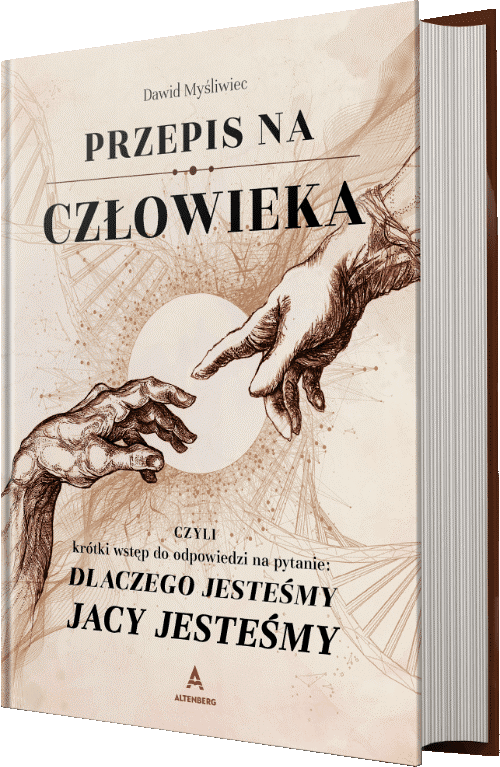
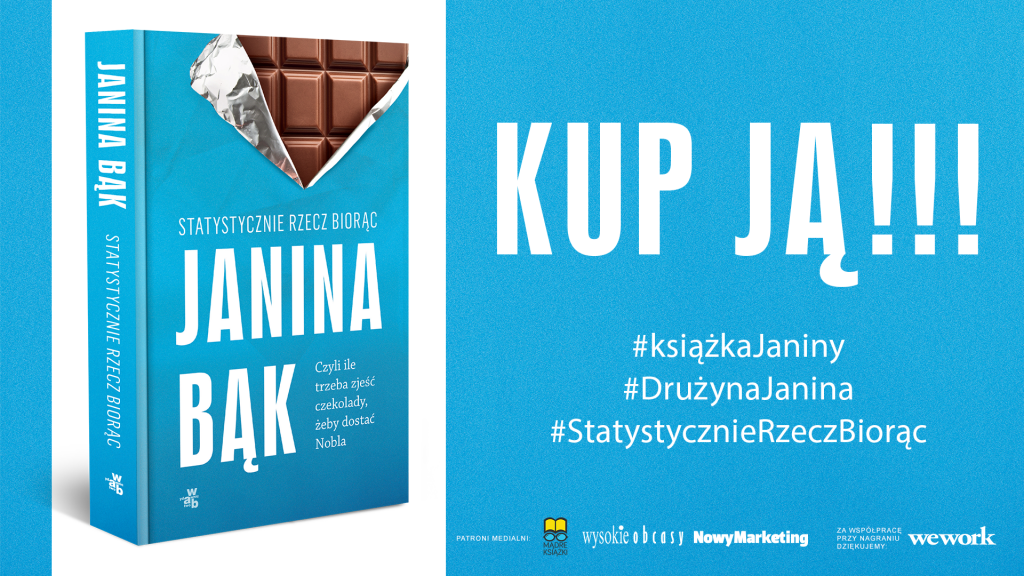
In turn, the publication published in the traditional form “Ja i moje przyjaciółki idiotki / Tu Okuniewska”[18] [Me and My Idiot Friends / Okuniewska Here] by Joanna Okuniewska is a literal reference to the popular podcast of the same title created by the author. The main theme of both activities are human relationships – told and commented on before the podcast in the form of a collection of stories of people and their conclusions about relationships. The whole has been enriched with educational value developed together with the Foundation of the Center for Women’s Rights, and every zloty from the sold copy of the book will be donated to the mentioned non-governmental organization[19].

An educational and innovative “product” on the Polish market is undoubtedly the mobile application “Co z tym seksem?” [What about sex?] designed and produced by Influencer “Kasia co z tym seksem”. – Kasia Koczułap. The main idea of its creation is that “every person should have access to a reliable sex education”, and its components are both paid and free periodic “challenges” (a year ago a similar “challenge” within the framework of her activity on the Instagram beat records of popularity among the users observing Kasia Kaczułap) and courses containing instructions and guidelines”[20].
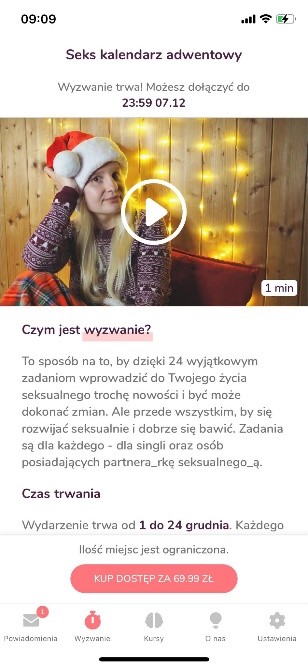
Taking the amount of money spent and the degree of risk of a project based on stationary activity in the reality of the pandemic into account, one cannot forget about the “Przestrzeni Pełnej Czasu” [Space Full of Time] opened in September, created by the popular Influencer Ola Budzyńska and her team of co-workers #gangPSC. The new place on the map of Krakow is “a combination of a café, a coworking zone, a developing library and a store”[21] and on the day of its creation it became a part of the business activity of “Pani Swojego Czasu”, next to selling electronic courses or paper products of her own production[22].
The recent months have also resulted in the opening of own brands of high-end influencers, such as Julia Kuczyńska ‘Maffashion’, who a few months ago, together with designer Lana Nguyen, started with the fashion brand Eppram[23] or Julia Wieniawa and Jusee Cosmetics, which she created, offering cosmetic products[24].
The above mentioned forms of transforming or expanding activities of a typical Influencer nature (consisting of creating and distributing content, as a rule free of charge, but more or less compensated by financially paid cooperation with brands, parallel professional work or patronage support in the framework of collections on portals, i.e. Patronite) towards designing, manufacturing and distributing own Influencer products constitute a limited set of selected cases from the last few months.
Increased activity of this kind in the times, which on the one hand catalyzed the need to find new bases of functioning in the world of influencers, and on the other hand certainly did not facilitate the necessary processes (e.g. production processes) to produce this type of products or services, is an interesting point of reflection on the future of this branch of Internet marketing.
More and more Internet content creators decide to introduce their own products on the market, thanks to which they have the possibility to integrate benefits for themselves (i.e. a greater level of financial security or gaining authority in a specific thematic range), as for the broadly understood community (manifested by the possibility to consume content or products in terms of quality, reliability and credibility). Bearing the dynamics of this phenomenon in mind, it can be assumed with a high degree of probability that this trend will evolve and broaden its range among influencers in the coming years. From the media perspective, two aspects of this phenomenon seem to be important to note: the professionalization of the content created by the influencers (affecting a much safer, more reliable environment for brands cooperating with influencers) and relatively new and hitherto massively unexplored paths of cooperation on the brand – creator of content under patronage or special campaigns around the influencer’s own products.
[1] Advertising and Media Market in Poland Report of December 4, 2020 / Publicis Groupe Polska
[2] Advertising and Media Market in Poland Report of December 4, 2020 / Publicis Groupe Polska
[3] Advertising and Media Market in Poland Report of December 4, 2020 / Publicis Groupe Polska
[4] Megapanel Gemius, 1/20-8/20
[5] https://reachablogger.pl/blog/raport-badania-koronawirus-a-rynek-influencerow-polsce/
[6] https://reachablogger.pl/blog/raport-badania-koronawirus-a-rynek-influencerow-polsce/
[7] https://pl.wikipedia.org/wiki/E-book
[8] https://www.instagram.com/anna_sudol/?hl=pl
[9] https://burczymiwbrzuchu.pl/product/pakiet-projekt-wigilia-2-ebooki
[10] https://segritta.pl/product/ebook-temperamentach/
[11] https://www.roslinnabaza.pl/kategoria/ebooki/roslinne-menu-na-start
[12] https://monikakaminska.com/e-book-kryzysy-bledy-i-zle-decyzje-w-mojej-marce
[13] https://sklep.aniamaluje.com/produkt/jak-podrozowac-e/
[14] https://altenberg.pl/w-glowie-sie-poprzewracalo-hania-sywula/
[15]https://wydawnictwootwarte.pl/sklep/fejm/?utm_source=facebook&utm_medium=social&utm_campaign=2020_fppc&utm_term=pch&utm_content=smedia
[16] https://altenberg.pl/przepis-na-czlowieka-dawid-mysliwiec/
[17] https://janinadaily.com/najbardziej-oczekiwana-ksiazka-ostatnich-trzech-lat-glownie-przez-mojego-redaktora/
[18] https://www.tuokuniewska.pl/
[19] https://www.tuokuniewska.pl/
[20] https://play.google.com/store/apps/details?id=com.coztymseksem
[21] https://www.przestrzenpelnaczasu.pl/
[22] https://www.paniswojegoczasu.pl/sklep/
[23] https://sukces.rp.pl/styl/15025-eppram-nowa-marka-maffashion-julia-kuczynska-lana-nguyen-wywiad/
[24] https://wirtualnekosmetyki.pl/-newsy-producenci/julia-wieniawa-startuje-z-kosmetycznem-projektem-jusee-cosmetics


